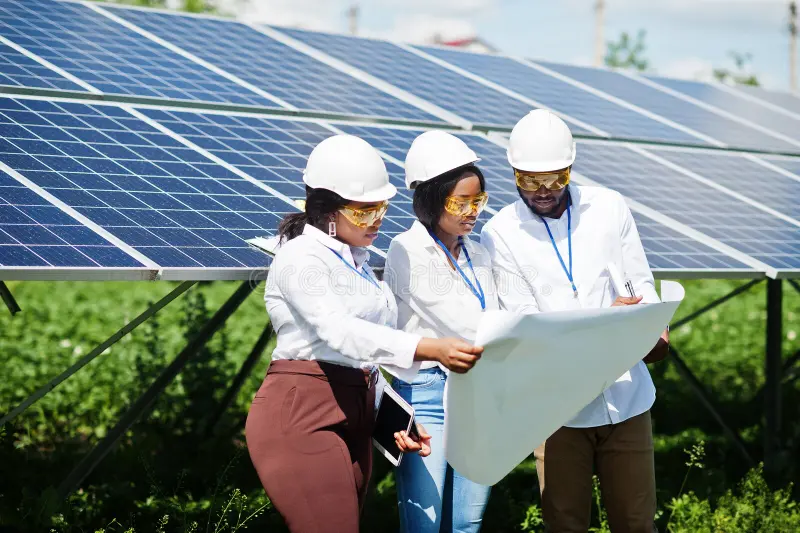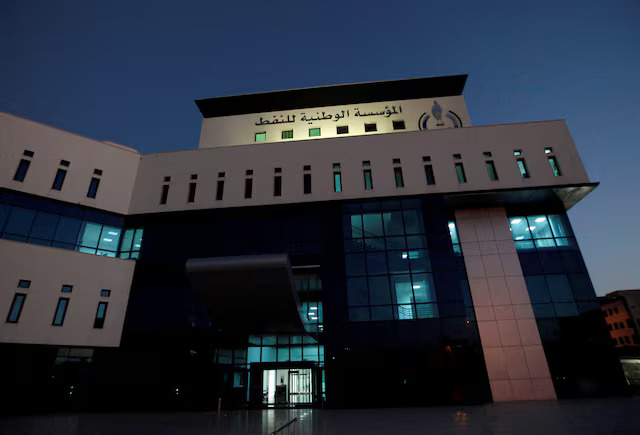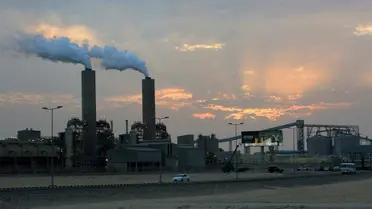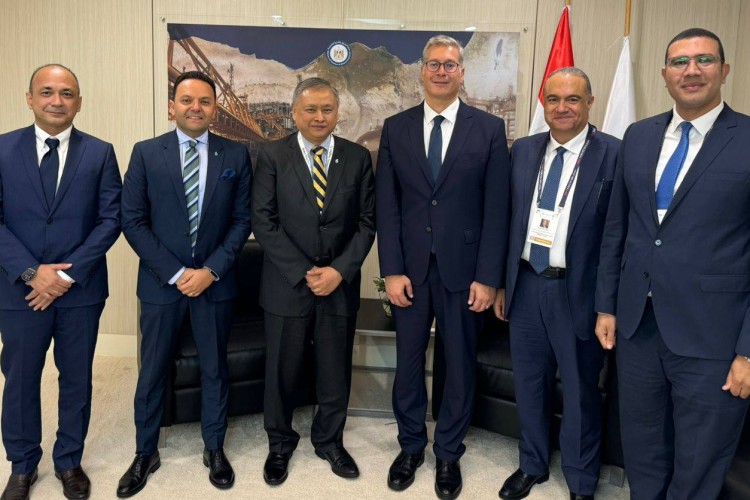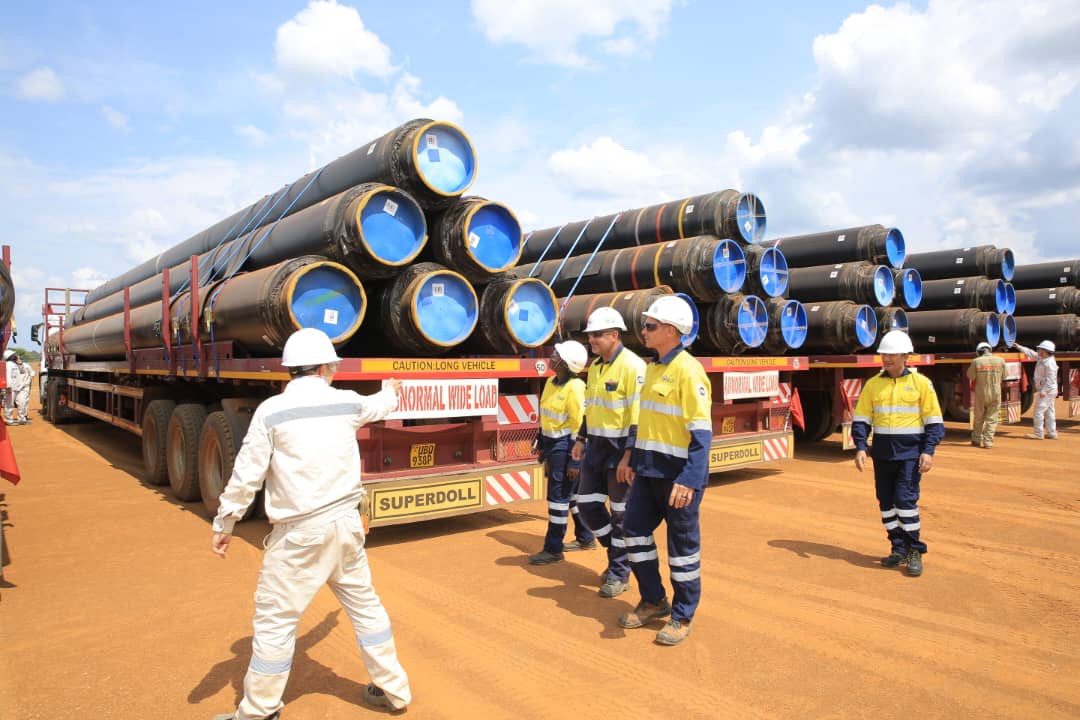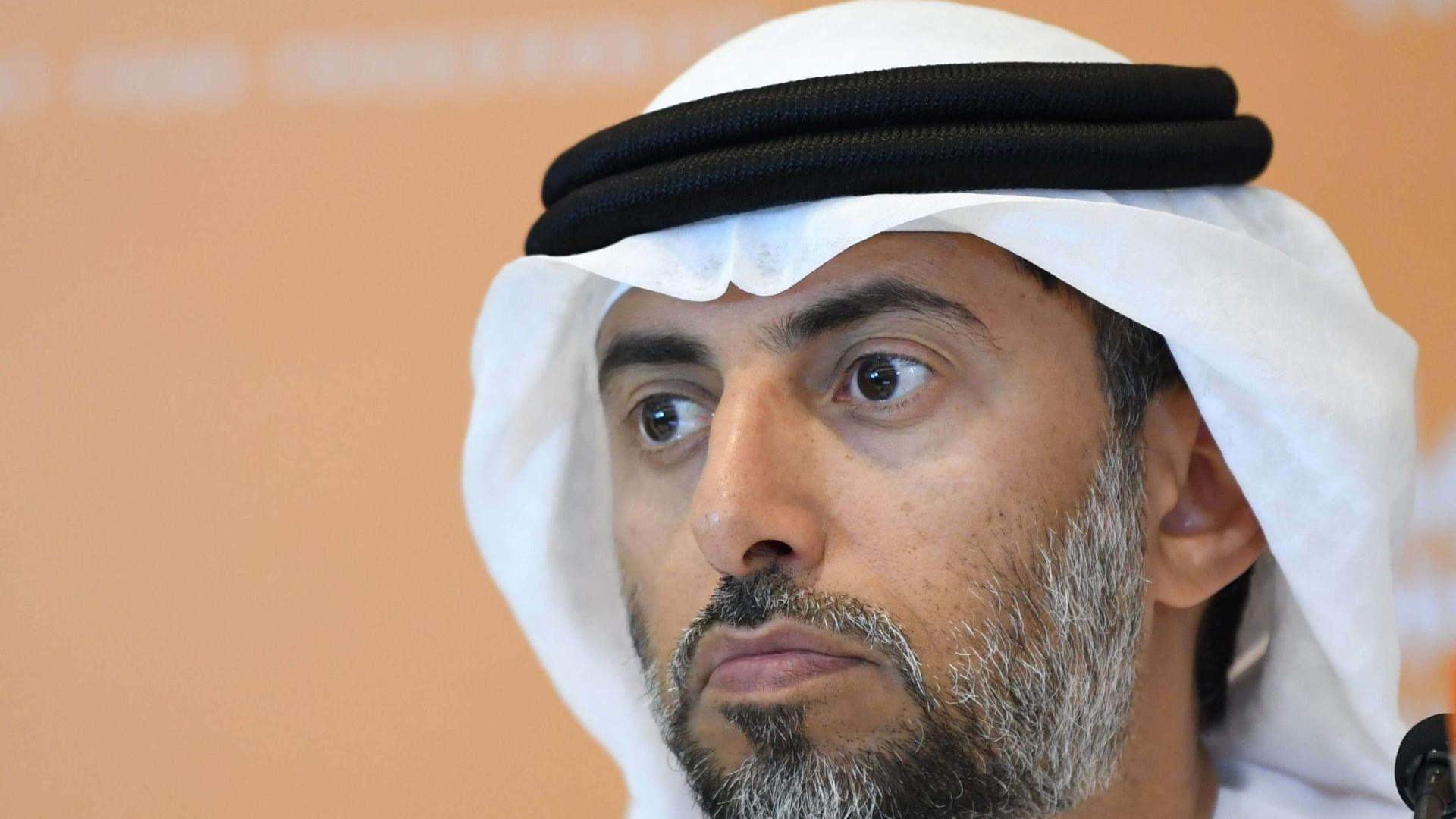Distribution

A Watershed Moment for Africa’s green energy transition?
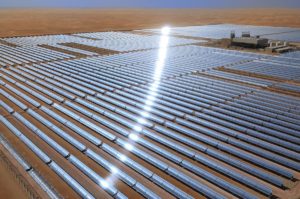
A recent conference on developing green energy in Africa could mark a significant step in the continent’s journey towards financing universal electricity access.
The Mission 300 project aims to provide 300 million people with electricity by 2030 and drive sustainable economic transformation across the continent. According to World Bank president Ajay Banga who attended the summit, the initiative will provide a “foundation for future development”.
Held in Dar es Salaam in January 2025, the event was hosted by the government of Tanzania in collaboration with the African Union (AU), African Development Bank (AfDB), and World Bank Group, and brought together heads of state, development banks and private sector leaders.
As the dust settles on the grand commitments made during the event, a critical question remains: will this electrification be sustainable, or will it lock African economies into carbon-intensive futures?
Ambitious pledges and targets
Representatives from 30 African governments signed up to the Dar es Salaam Energy Declaration, committing them to a “united vision of delivering energy to Africans”, recognising its “transformative role” in economic development. In addition to these political commitments, substantial financial pledges were made.
The AfDB announced US$18.2bn in funding, while the World Bank committed up to $40bn. Half of these funds will support renewable energy projects, such as decentralised solar-powered mini-grids for remote areas. The remainder will fund traditional energy infrastructure, which includes investments in natural gas.
The hope is that these commitments, backed by the World Bank and World Bank-facilitated guarantees, would attract further investments from private investors and sovereign wealth funds.
The urgency of Africa’s green energy transformation
Electricity is essential for economic development and job creation, yet 600 million Africans remain without power, accounting for 83% of the world’s unelectrified population, according to the AfDB.
Over a billion people also lack clean cooking solutions, relying on biofuels that have adverse impacts on biodiversity and health that cost Africa an estimated $790bn annually. The AfDB has allocated $2bn to address this – a priority championed by Tanzanian President Samia Suluhu Hassan.
Rajiv Shah, president of the Rockefeller Foundation – which contributed $15.9mn – spoke at the summit about a growing shift among African leaders towards renewables. “Renewable energy is now seen as the most cost-effective and rapid route to prosperity,” he said, crediting China for driving down renewable technology costs.
However, the World Bank’s Banga said that although electricity access represents a “critical first step”, it is insufficient without investments in education, health systems and food systems which also represent “foundational building blocks” for sustainable growth.
National energy compacts: tailored solutions for African countries
Twelve countries – including Malawi, Nigeria, and Zambia – launched national energy compacts. These tailored, data-driven plans aim to scale up renewable energy deployment, leveraging the benefits of regional power integration to expand energy access, improve energy infrastructure and attract private investment.
This approach reflects an understanding that one-size-fits-all solutions are not suitable for African nations’ diverse circumstances. The Mission 300 initiative also incorporates accountability measures such as country-specific monitoring systems and the Africa Energy Regulatory Index to track progress.
The regulatory balancing act
Banga described Mission 300 as a “pay-for-results” initiative, with funding tied to regulatory reforms designed to attract private capital. According to AfDB leadership, these reforms include expanding renewables’ share in energy production, improving utility performance, ensuring transparency in licensing agreements, and establishing predictable tariff regimes aligned with production costs.
However, concerns persist about the implications of such reforms for regulatory oversight or national control over energy assets. PowerShift Africa – a green energy thinktank – has warned that retaining public control over key infrastructure, such as grids and transmission lines, is essential for securing long-term sustainable development.
Fossil fuels and macroeconomic risks
While the initiative prioritises renewables, several country-specific plans include natural gas investments, a move criticised by PowerShift Africa for diverting resources away from the continent’s huge renewable potential. The thinktank said on social media that many of the countries involved “have already endorsed fossil gas as a transitional energy source, further locking Africa into a fossil fuel-dependent future”.
Experts have noted elsewhere that continued reliance on fossil fuels will expose global south economies to volatile price dynamics that create significant inflationary pressures that can exacerbate currency risks and endanger renewable projects.
Moreover, critics argue that the high debt-servicing costs faced by many African economies will limit their fiscal space to implement Mission 300’s private finance-based strategies. Advocates have therefore called for grants rather than loans to avoid exacerbating existing debt burdens.
Dean Bhebhe, a senior advisor at Power Shift Africa, called the anchoring of Mission 300 to fossil fuels “a dangerous gamble” that “could pose a significant financial burden to African economies” and undermine the continent’s commitment to climate resilience.
Banga addressed currency risks during his opening speech. “Developing local capital markets with enough depth and width is the best way to help investors manage this risk,” he said, and proposed innovative solutions such as utilising surplus deposits for local currency lending and establishing currency clearing houses.
However, he did not address how fossil fuel-related price shocks exacerbate these risks or discuss non-debt related instruments.
A collaborative economic leap forward could be within reach
Banga also said the initiative’s success hinges on collaboration between different sectors and institutions. “Governments cannot do it alone; businesses cannot do it alone; philanthropies cannot do it alone; development banks cannot do it alone – but together we can.”
This collaborative spirit has already attracted partnerships with organisations outside the region like the Islamic Development Bank and the Asian Infrastructure Investment Bank, which have both pledged funds towards the project.
With Africa’s population growing faster than any other region, its energy choices will have far-reaching implications. Dr Akinwumi Adesina of the AfDB said: “We have a clear path to reaching these 300 million people … With power, Africa will not just meet expectations but exceed them – becoming a competitive and prosperous continent.”



